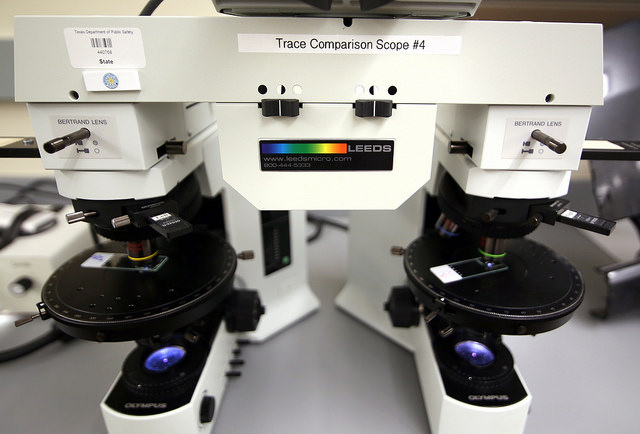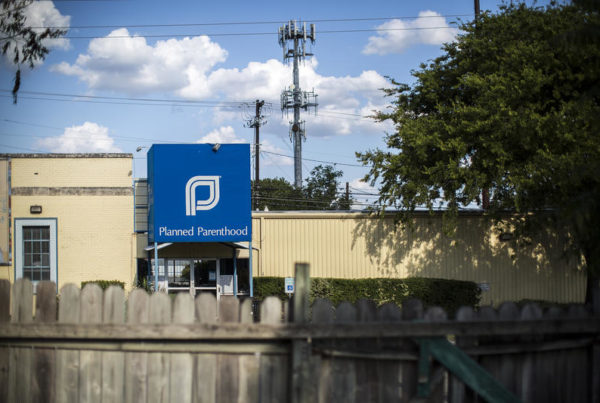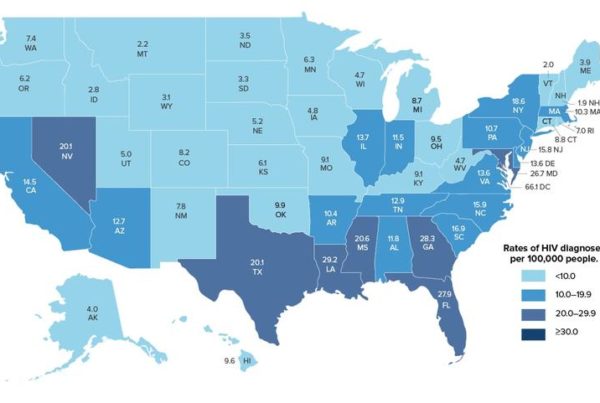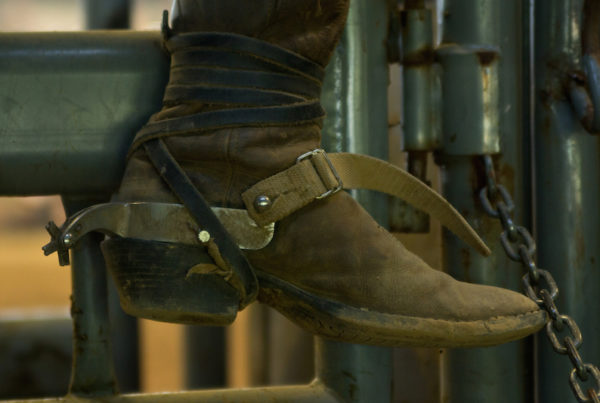In a complete reversal, the Texas Department of Public Safety is abandoning plans to begin charging law enforcement agencies for crime lab services starting Sept. 1. Law enforcement across the states were shocked and upset about the initial proposal, which would have cost local agencies $550 per case for something that had previously been free.
It appears their concerns didn’t go ignored. On Friday, Gov. Greg Abbott sent a letter to DPS instructing them not to collect the fees, saying it was “premature to collect fees at this time.” Shortly thereafter, DPS said they would comply.
State Rep. Oscar Longoria (D-Mission) was one of the members of the House Budget Conference Committee, which attached the original provision to the 2018-19 budget. Originally, the proposal to charge fees was intended to help reduce the DPS caseload backlog, says Molly Smith of the McAllen Monitor.
“(Rep. Longoria) said that his reason for doing this, was to simply make DPS more efficient,” Smith says. “He wanted to find a way to reduce the department’s backlog of forensic analysis cases, and he felt that this would be the best way to encourage local law enforcement agencies to send their tests elsewhere – either to private labs or to even encourage them to build crime labs of their own.”
Law enforcement agencies were quick to push back, with one sheriff in north Texas saying he’d charge DPS to keep inmates at his county jail. One likely reason for the backlash: smaller agencies say they were left out of the discussion, and many were already using DPS services only for more serious crimes.
“I think one of the reasons why this proposed budget amendment was so controversial, was that none of the conference committee members spoke with law enforcement. (The sheriff of Hidalgo County) said that his department pretty much only does what Rep. Longoria wanted,” Smith says.
















